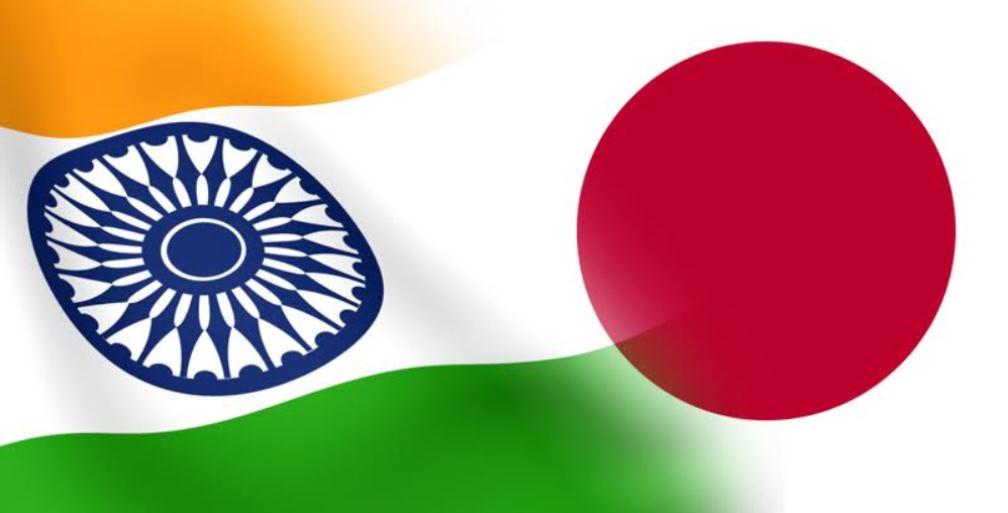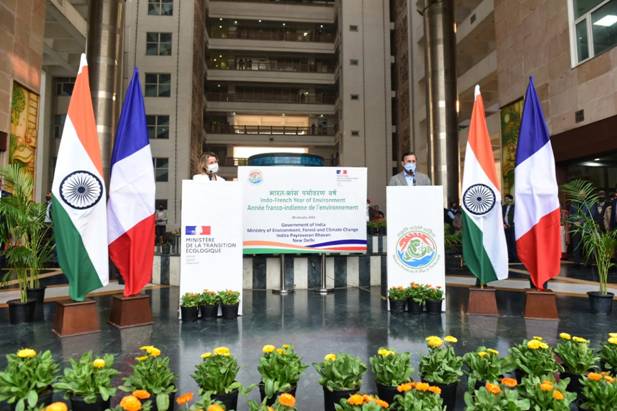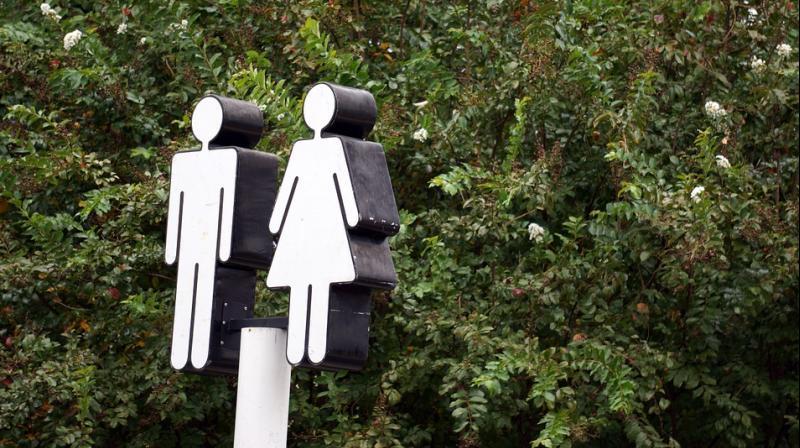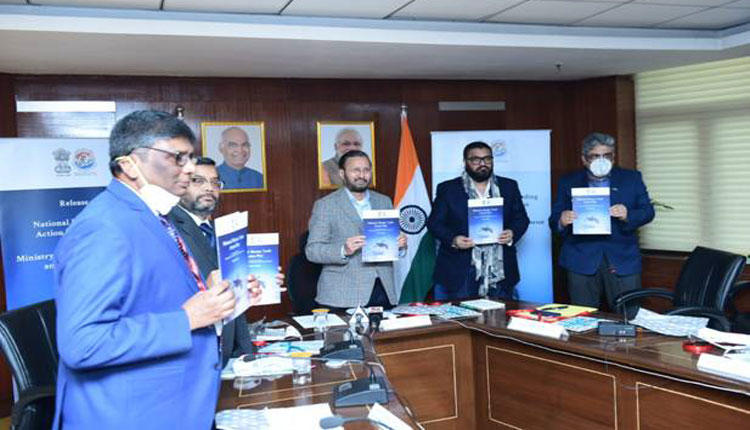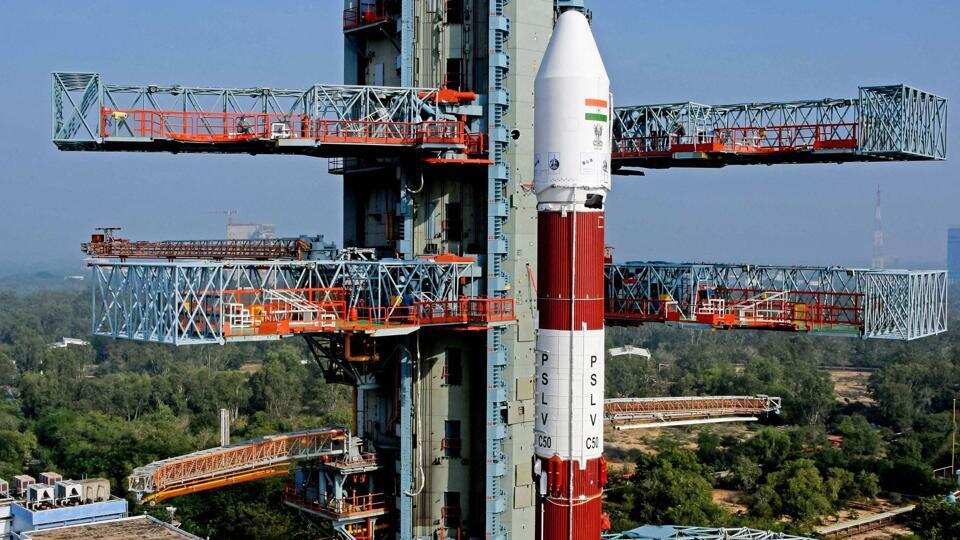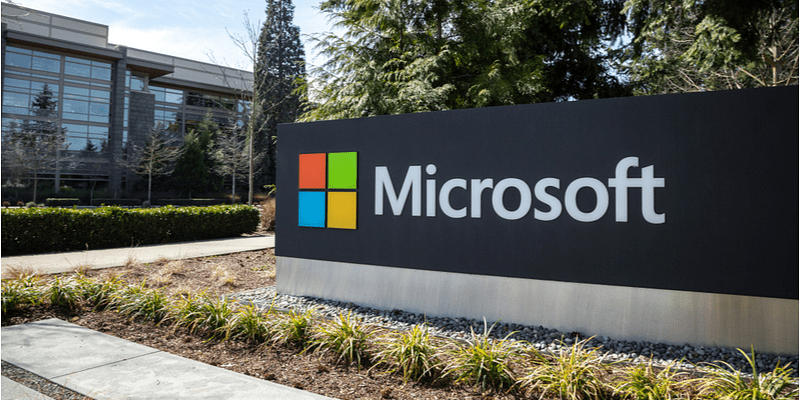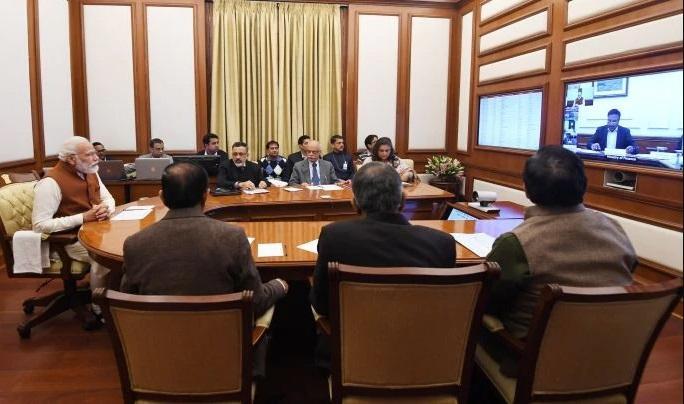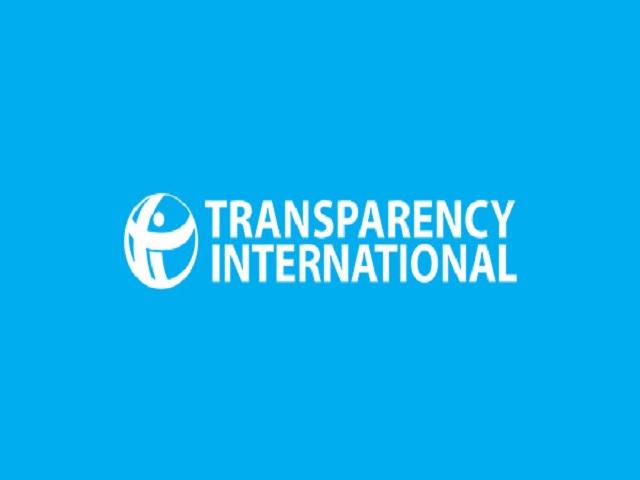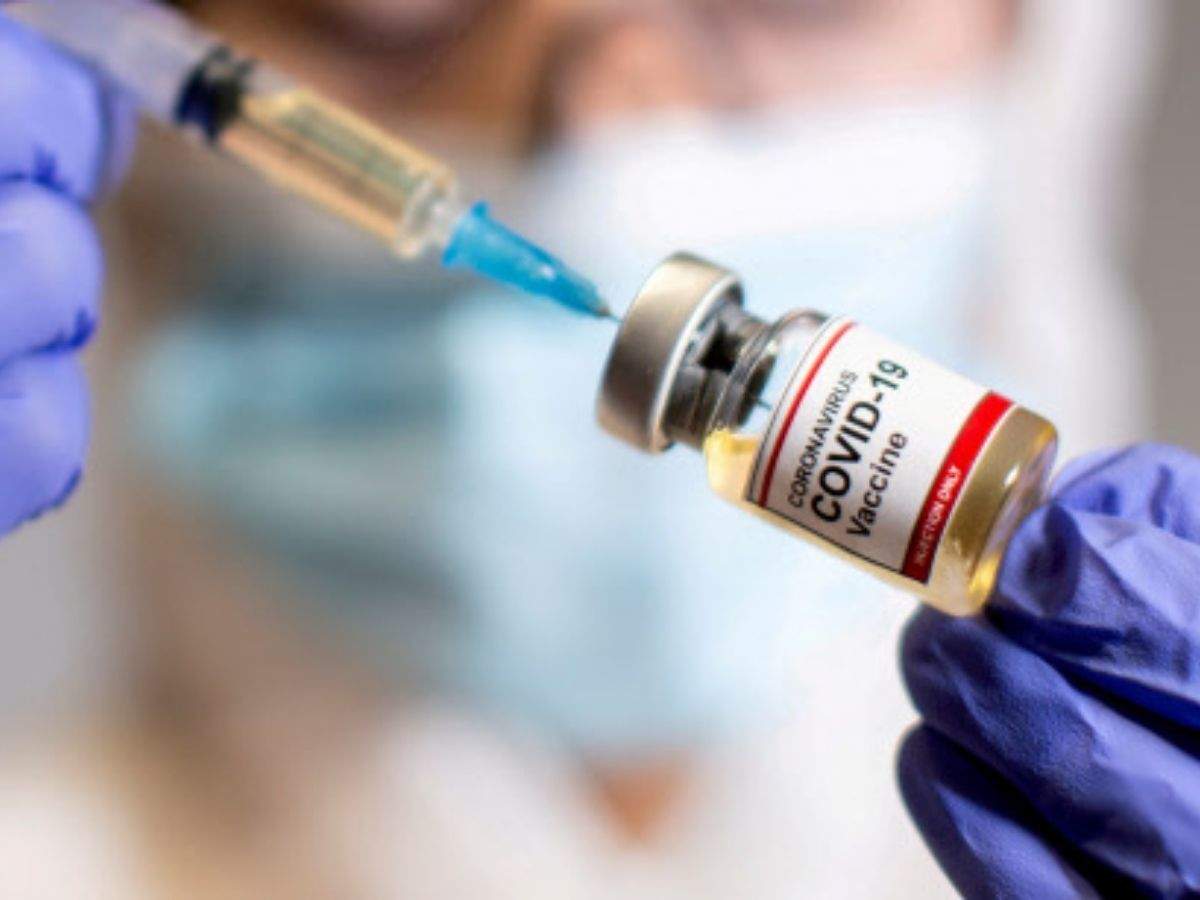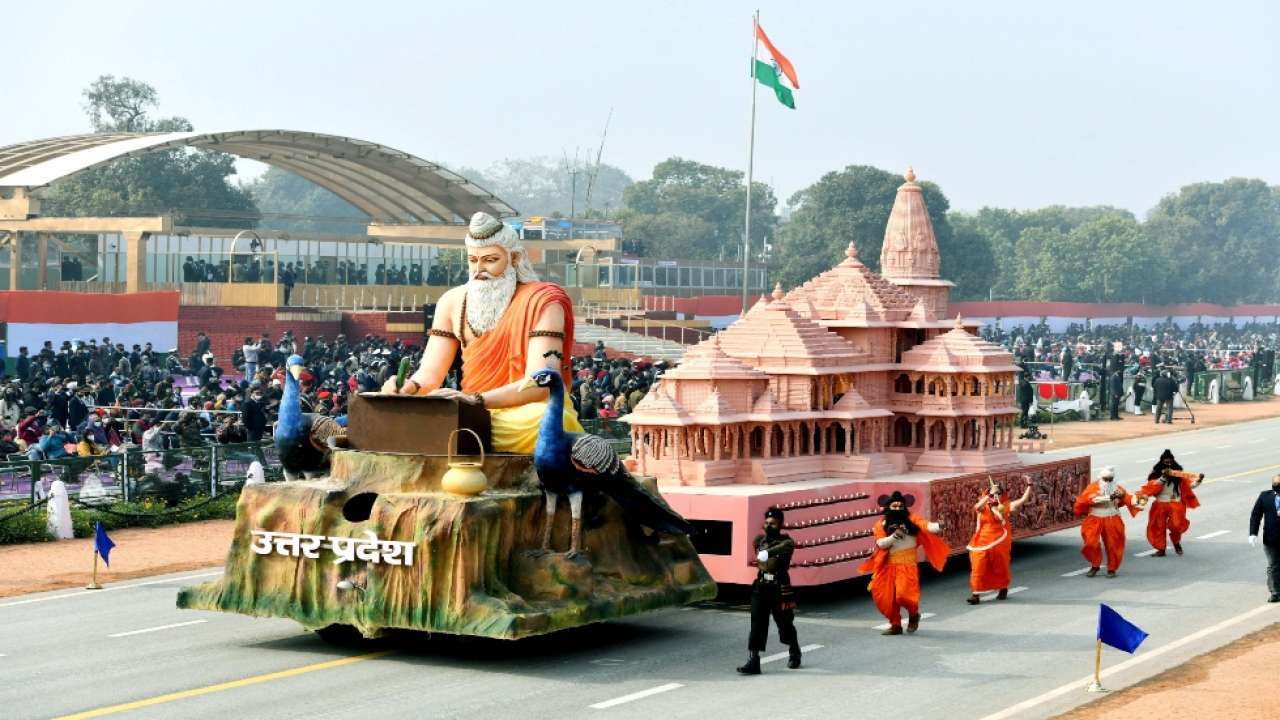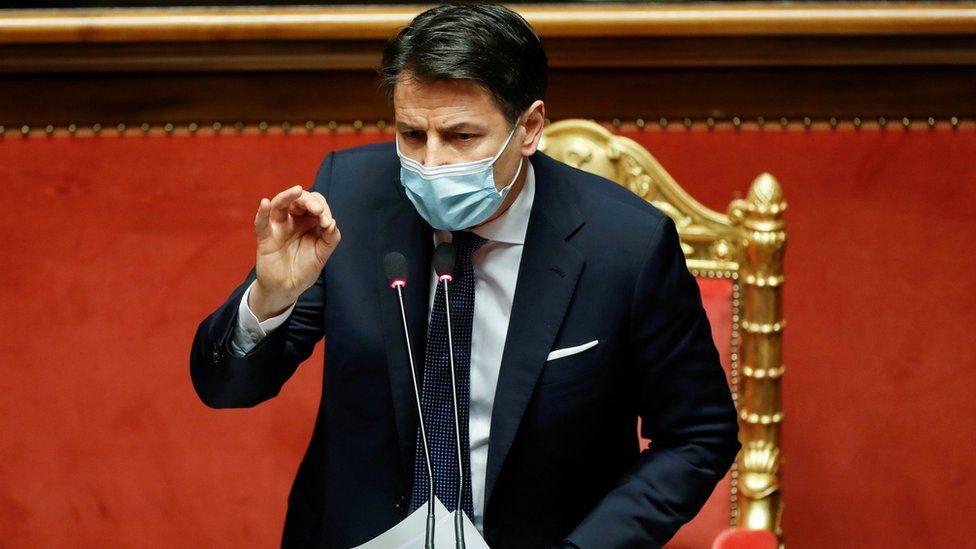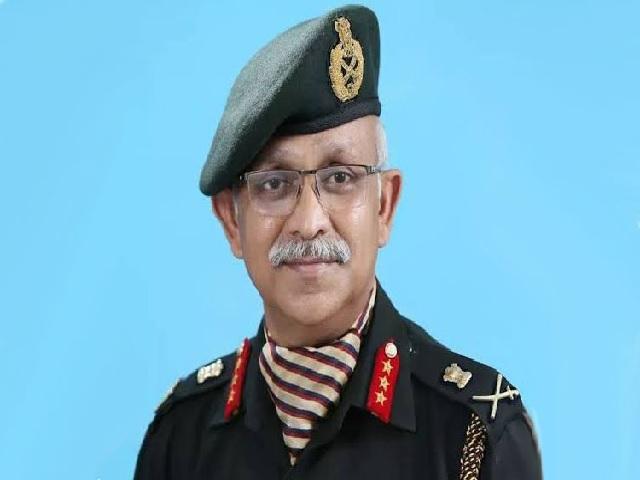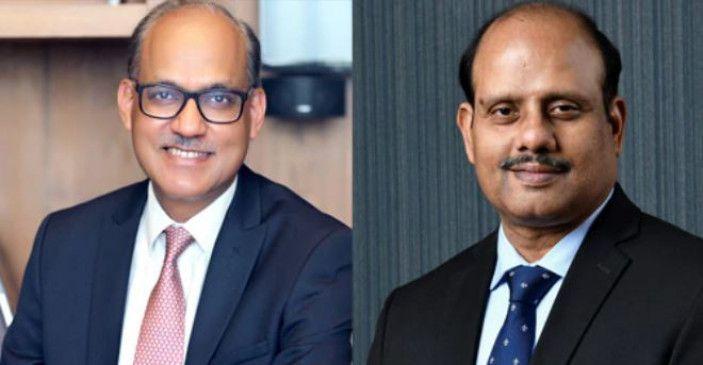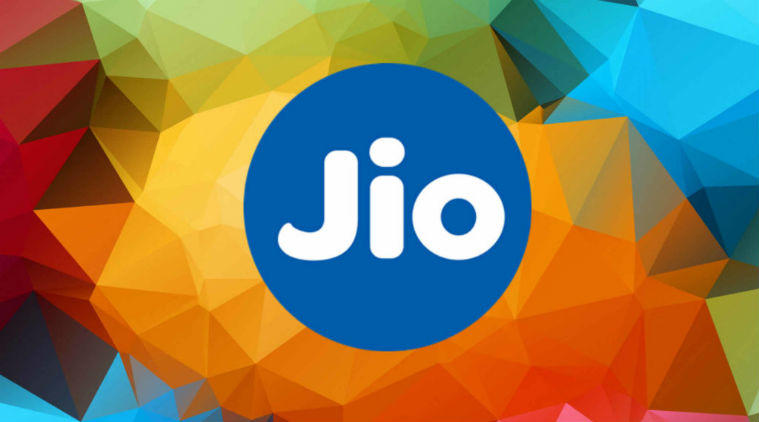Finance Minister, Nirmala Sitharaman has presented Economic Survey 2020-21 in the Parliament on 29 January 2021. The major focus of this year’s economic survey is the losses and impact of the Covid-19 pandemic. The survey will provide an assessment of how the Indian economy has been impacted by the deadly COVID-19 virus and how it is improving. It will also project India’s gross domestic product growth for 2021-22.
The Economic Survey document is prepared by the Economics Division of the Department of Economic Affairs (DEA) under the guidance of the Chief Economic Advisor Krishnamurthy Subramanian. The Economic Survey 2020-21 will be followed by the Union Budget 2020-21 which will be tabled on February 1.
The theme of Economic Survey, 2020-21:
•#SavingLives&Livelihoods
•#VshapedRecovery
What is the Economic Survey?
•The Economic Survey is an annual document of the Ministry of Finance. It reviews the economic progress of the country and issues in the last 12 months.
•The survey provides information related to the performance of key developmental schemes launched by the government. The document also explains the performance of major government policies and their impact.
•The Economic Survey discusses major fiscal developments, macroeconomic factors, inflation, and other economic factors. The document also highlights the impact of agriculture, climate change, and employment on the economy of the country.
•The 1st Economic Survey was tabled in 1950-51. However, till the year 1964, it was presented along with the budget.
Here are the key highlights from the Economic Survey 2020-21:
According to the survey, India’s economy could contract 7.7 per cent in the financial year that ends on March 31, pulled down mainly by the coronavirus pandemic and the weeks-long nationwide lockdown to contain the disease. Real GDP growth could be 11 per cent in the next financial year.
Saving Lives and Livelihoods amidst a Once-in-a-Century Crisis
•India focused on saving lives and livelihoods by its willingness to take short-term pain for long-term gain, at the onset of the COVID-19 pandemic.
Response stemmed from the humane principle that:
•Human lives lost cannot be brought back
GDP growth will recover from the temporary shock caused by the pandemic
•An early, intense lockdown provided a win-win strategy to save lives, and preserve livelihoods via economic recovery in the medium to long-term
•V-shaped recovery, as seen in a 7.5% decline in GDP in Q2 and recovery across all key economic indicators vis-à-vis the 23.9% GDP contraction in Q1
COVID pandemic affected both demand and supply:
•India was the only country to announce structural reforms to expand supply in the medium-long term and avoid long-term damage to productive capacities
•Calibrated demand-side policies to ensure that the accelerator is slowly pushed down only when the brakes on economic activities are being removed
•A public investment programme centred around the National Infrastructure Pipeline to accelerate the demand push and further the recovery
•The upturn in the economy, avoiding the second wave of infections – a sui generis case in strategic policymaking amidst a once-in-a-century pandemic


